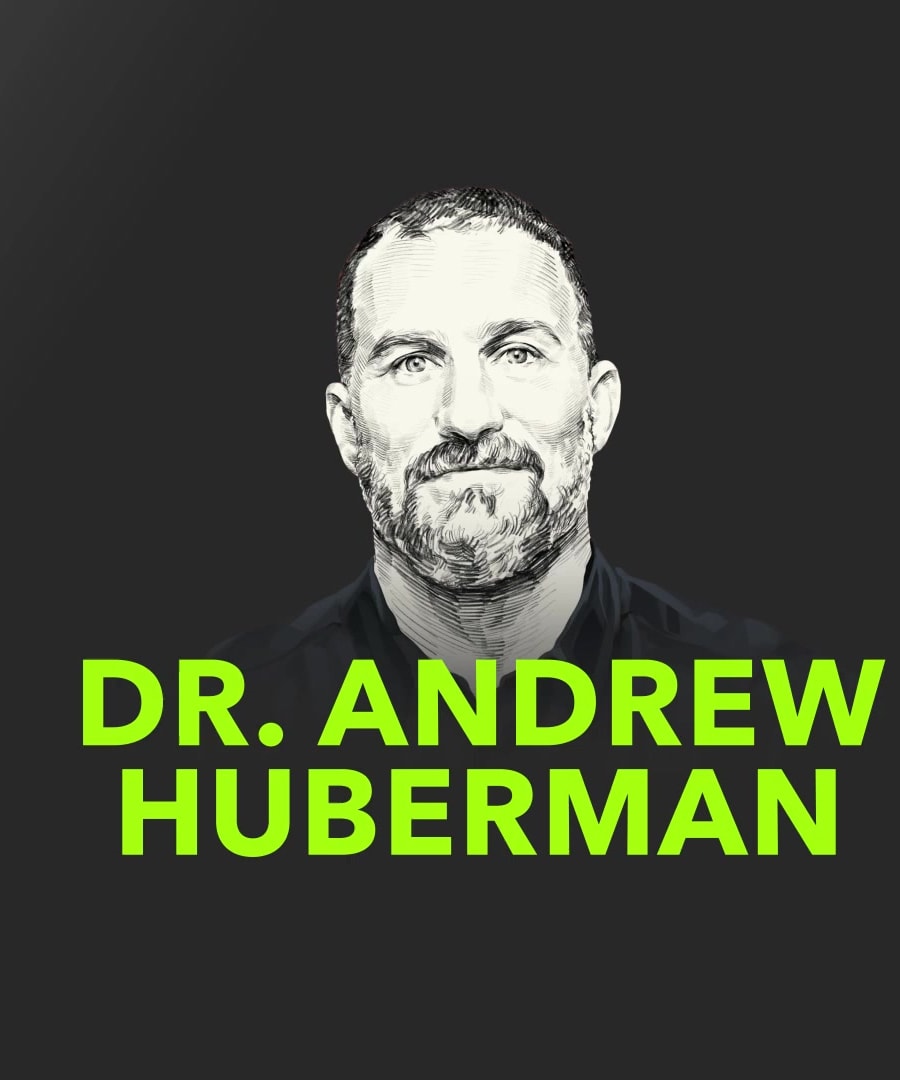What is ashwaganda good for
Sources:
Ashwagandha is known to offer a variety of health benefits, particularly related to stress management. Here are some points discussed by :
- Ashwagandha can significantly reduce cortisol levels, which are associated with chronic stress, thus benefiting cardiovascular health and reducing anxiety 1.
- It may improve thyroid function by impacting serum T3 and T4 levels, reduce heart palpitations, and help with symptoms of OCD 2.
- Ashwagandha has been shown to improve memory, which might be due to better sleep quality, and it can also reduce pain and improve reaction times 2.
- It has indirect effects on testosterone, likely because when cortisol is lowered, testosterone tends to increase 3.
It is advised to take Ashwagandha later in the day or in the evening since cortisol naturally peaks in the morning to provide energy throughout the day 2. Dosages can vary significantly, so it's recommended to follow the dosing on the bottle from a reputable brand or check resources like Examine.com for research-based guidance 2. However, it's also been noted that long-term administration of Ashwagandha may affect the thyroid, cortisol, and melatonin systems based on animal studies, so caution is advised with long-term use 4.
cycles his use of Ashwagandha and does not take it continuously to avoid possible long-term effects. He suggests that others might want to consider cycling their use of the supplement as well 5.
These insights from highlight Ashwagandha's potential role in stress reduction and other health areas, with a strong emphasis on cortisol reduction, and the importance of thoughtful use and dosage.
RELATED QUESTIONSCan you tell me more benefits of ashwagandha?
Sources:
In addition to reducing stress and cortisol levels, ashwagandha has been associated with a variety of other benefits, as discussed by :
- It may enhance power output in athletes and has been used for that purpose 1.
- Modest increases in testosterone have been documented, as well as adjustments to low-density lipoprotein cholesterol, sometimes referred to as "bad" cholesterol 1.
- Ashwagandha has shown a profound effect on anxiety levels in numerous studies 1.
- Lowering stress can lead to improved cardiovascular health, reduced heart palpitations, increased serum thyroid hormone levels (T3 & T4), decreased symptoms of OCD, and improved memory likely due to better sleep quality 2.
- It can decrease reaction times and pain, as these effects are downstream of reduced cortisol 2.
- There's indirect evidence that it may lower depression to some degree, again likely linked to its stress-reducing effects 3.
Dr. Huberman has also used the supplement personally during times of stress, and he notes that while it can be beneficial, it is important to use such supplements responsibly, considering the proper dosing and potentially cycling their use to avoid possible long-term effects 4. Always consult with a healthcare provider before starting or altering supplement routines.
RELATED QUESTIONS
What is ashwaganda good for
- RELATED QUESTIONS
Can you tell me more benefits of ashwagandha?
- RELATED QUESTIONS





